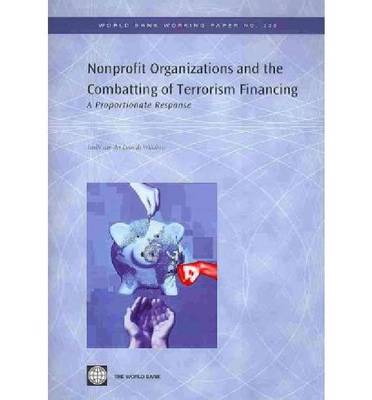One of the ways that terrorist organizations raise and transfer funds is by using the fundraising power, and the aura of charitable activity, of nonprofit organizations (NPOs). This article argues that, when discussing the threat and how to address it, policymakers need to be specific and not paint the whole sector with the same brush. Virtually all governments already interact with the NPO sector in one way or another. These preexisting avenues should be used for dealing with this issue; it is inefficient and ultimately counterproductive to devise an entirely new regulatory framework. The ultimate objective is to enhance the transparency of the sector to ensure information is available on the people in charge of NPOs, their sources of funds, and, particularly, the way those funds are spent. This aim serves a much wider purpose than just terrorism financing and touches on many aspects of good governance of civil society that the sector itself and others have been debating for a long time. When devising public policy on how to deal with possible terrorism financing through the nonprofit sector, the contribution of the NPO sector to fighting terrorism should be recognized and used to its full advantage. Moreover, the NPO sector's own stake in being 'clean,' and being regarded as such by others, should be acknowledged. NPOs are an indispensable partner in drawing up such policies. For the same reason, self-regulation should be considered.
- ISBN13 9780821385470
- Publish Date 1 January 2011
- Publish Status Active
- Publish Country US
- Imprint World Bank Publications
- Format Paperback
- Pages 48
- Language English
